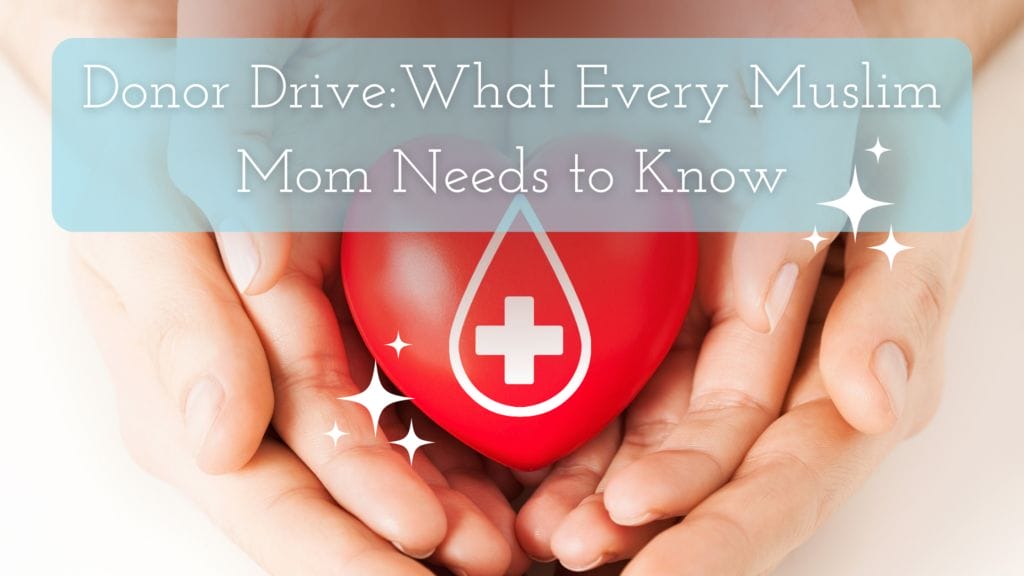Gentle Parenting Statistics: What Muslim Moms Need to Know

Are you wondering whether gentle parenting is just another fleeting trend—or a true, time-honoured method aligned with Islamic values? As a Muslim mom, you might find yourself pulled between wanting to raise emotionally healthy children with compassion, and also setting firm boundaries rooted in our deen. This post walks you through evidence-backed gentle parenting statistics, Islamic insights, and real considerations—so you can parent with confidence, balance, and tawakkul (trust in Allah).
What Is Gentle Parenting? And Why Are So Many Choosing It?
Gentle parenting focuses on empathy, connection, emotional regulation, and guidance over punishment. It’s not permissiveness—it’s intentional parenting with boundaries and mercy.
It’s rooted in understanding children’s needs, validating their emotions, and modeling respect.
Children love the parent who is kind to them and helps them, and who cares about them… but that should be without yelling and getting angry.
The Sunnah of our beloved Prophet ﷺ was filled with gentleness, even in correction. He never scolded Anas ibn Malik (RA) once in 10 years of service. That’s not permissiveness. That’s wisdom and forbearance.
Gentle Parenting Statistics Every Muslim Mom Should Know
Here’s what the current research says—based on studies and data between 2023 and 2025:
1. It’s Growing—Fast
According to a 2024 Lurie Children’s Hospital study, 74% of millennial parents practice some form of gentle parenting.
That’s nearly 3 out of 4 parents choosing compassion and connection over control and coercion.
Millennial Muslim moms, many of whom are trying to parent differently from how they were raised, are part of this movement—looking to balance firmness with faith.
2. Muslim Moms Are Asking for Something Deeper
Gentle parenting fits well with the Prophetic model—yet many Muslim mothers feel unsure. Is it too soft? Too Western? Can it coexist with Islamic discipline?
That’s a valid concern.
A 2024 study published in PLOS ONE found that one-third of self-identified gentle parents experienced burnout and uncertainty—especially when boundaries weren’t clear or when they lacked a support system.
But here’s the key: gentle doesn’t mean weak. It means principled, patient, and firm without anger or humiliation. Just like the Prophet ﷺ taught us.
3. Emotional Coaching Has Proven Benefits
Some of the core methods in gentle parenting—like emotion coaching and validating children’s feelings—have been shown to:
-
Improve self-regulation
-
Strengthen parent-child bonds
-
Increase long-term behavioural stability
And these aren’t just feel-good outcomes. They align beautifully with the Islamic goal of raising children who are God-conscious, emotionally balanced, and righteous in both character and action.
4. Not All Parents Find It Easy—or Effective
Despite its growing popularity, 46% of parents in the U.S. said they don’t believe gentle parenting is effective.
(Source: Passive Secrets, 2024)
This statistic shouldn’t scare you—it should empower you to explore what works best for your child.
Children are different. What’s gentle for one may be confusing for another if not coupled with calm authority.
We’re not called to copy-paste a method. We’re called to lead with justice, using wisdom, dua, patience—and discipline where needed, without cruelty.
“Kind treatment does not rule out the use of punishment when necessary… ” — Islam Q&A (source)
🤍 5. It’s Often Linked to Socioeconomic Privilege
One study found that 84% of self-identified gentle parents were white and highly educated.
(Source: The Conversation, 2023)
This raises important questions. Does gentle parenting require more time, energy, and resources than some mothers—especially single, working, or financially stressed Muslim moms—can afford?
Perhaps. But the Prophetic model wasn’t based on class or income. It was based on character. And that’s always accessible.
Gentle parenting in Islam doesn’t mean Montessori toys, curated playrooms, or wooden everything. It means gentle words, firm values, and love rooted in the remembrance of Allah.
How Islam Defines ‘Gentle’—And When to Be Firm
There’s a major misconception that Islam only promotes obedience through discipline. In reality, the Quran and Sunnah are rich in emotional intelligence and mercy.
“Verily, Allah loves gentleness in all things.”
(Sahih al-Bukhari, 6024)
But that same tradition gives room for structure. Parents are guides and shepherds. We are accountable, and our children are an amanah.
So how do you strike the balance?
How to Combine Gentle Parenting With Islamic Principles
Here are a few practical, Islam-centered takeaways:
1. Begin With Du‘a and Tawakkul
“Rectify all my affairs and do not leave me to myself even for the blink of an eye.”
(Du‘a from the Prophet ﷺ)
Parenting isn’t just about tactics. It’s about relying on Allah.
2. Use Positive Language
Instead of: “You’re so lazy.”
Try: “You’re capable, and I know you can get this done.”
This aligns with the hadith:
“There is no kindness in a thing but it adorns it…”
(Ahmad, 24427; classed sahih by al-Albani)
3. Time-Outs and Consequences Are Sunnah-Compatible
You can withhold privileges, set limits, and discipline fairly—without resorting to yelling, humiliation, or harshness.
4. Set Boundaries Without Guilt
Boundaries are not anti-gentle. They’re protective. And they’re part of tarbiyah.
5. Parent With the Akhirah in Mind
Ultimately, we raise not for society’s standards, but to raise children who are pleasing to Allah.
Final Thoughts: Is Gentle Parenting the Right Path?
That depends on your intention, consistency, and how well you balance softness with structure.
Here’s what to remember:
-
Gentleness is Prophetic.
-
Structure is Sunnah.
-
You are not alone.
And even if you’ve yelled today or lost your cool yesterday—you can always begin again, with Allah’s help.
You’re not weak. You’re just human. You were never meant to do it all alone. Take a breath, ask Allah for help, and know that you’re deeply loved by the One who created you.
Resources for Further Learning
-
PLOS ONE Study on Parenting Satisfaction, 2024
-
Lurie Children’s Hospital Millennial Parenting Study, 2024
Was this helpful, mama? Share it with another Muslim mom who’s trying her best, too. 💛
Let’s walk this path with tawakkul, knowledge, and lots of istighfar.



